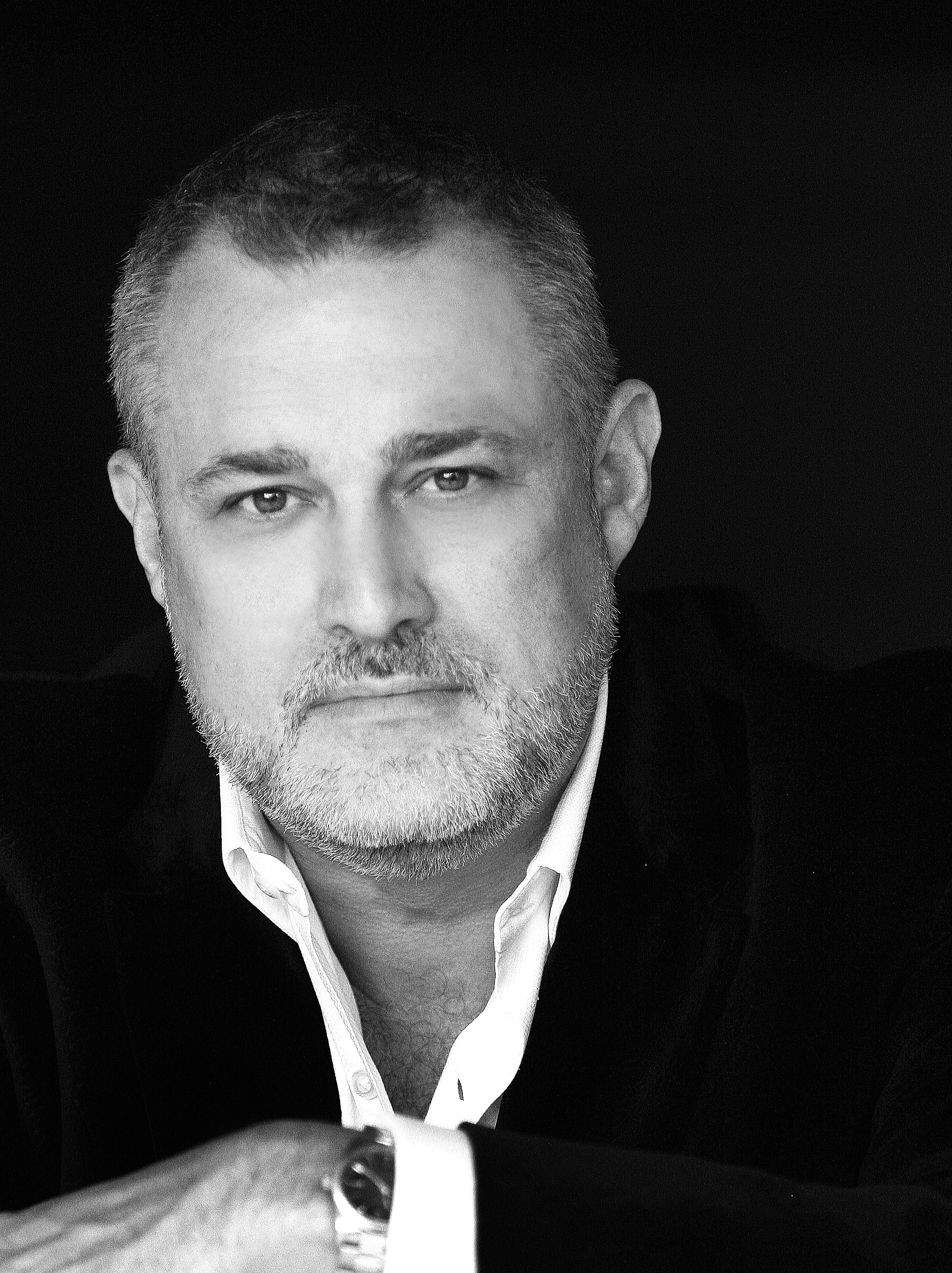The One Question I Didn’t Have An Answer For
The One Question I Didn’t Have An Answer For https://csuiteold.c-suitenetwork.com/advisors/wp-content/themes/csadvisore/images/empty/thumbnail.jpg 150 150 jeffreyhayzlett https://secure.gravatar.com/avatar/7d20a01ed9c1d91ad616e067720c7767?s=96&d=mm&r=g
Throughout my career, I have recorded hundreds of podcast interviews, but seldom have I had guests ask me a question that I couldn’t answer. Well, that recently happened on my C-Suite Radio show, All Business with Jeffrey Hayzlett. I was talking with Ron Carson, the founder and CEO of Carson Group, a company with a mission to help financial advisors build transparent businesses and better serve their clients.
The question Ron asked me, “What’s the difference between a broker and a fiduciary?”
I had no clue, and I consider myself to be a reasonably sophisticated investor. It turns out; I’m not alone.
“Neither does neither does 99.9% of the investing public,” Ron said. “A fiduciary or an RIA (Registered Investment Advisor) is actually regulated by the SEC (Securities and Exchange Commission). Brokers are regulated by FINRA (Financial Industry Regulatory Authority), which is a self-regulatory organization.”
“If I’m a broker, my only duty to a client is suitability,” Ron added. “As a fiduciary, you’re required to put your client’s interests ahead of your own.”
With that lesson out of the way, Ron gave out some practical investment advice we can use, including a book recommendation.
“The Richest Man in Babylon is a really simple read,” Ron said. “It’s about how you can accumulate real wealth.”
Ron says one of the best ways to accomplish that is through real estate. While he’s not the first person on All Business to say that, he may be the first to look at the trends for guidance.
“In the next 20 years, we’re not going to have nearly enough affordable housing,” Ron said. “(Rental Property is) something you can put some effort into and it’s going to appreciate, you don’t have to pay the taxes, you get cash flow out of it. If you’re handy at all, go get rental real estate, fix it up, don’t flip it. Hold on to it long term.”
Ron said another form of real estate he likes to invest in is farmland. With the turbulence in the ag economy over the last few years, there could be an opportunity for the right investor.
“We’re losing arable farm ground every year by the tune of 20-some million acres through urbanization,” he said. “We have diets improving, moving from rice to protein, that requires more farm ground. We’re only one drought away from having it all turn around, but we could have some real pain in the farm world, which creates some opportunities.”
If you’re looking for stock market advice, Ron says technology and biotech companies are hot right now, but warns unless you are really good at evaluating companies look into ETFs (Exchange-Traded Funds) or mutual funds that are tech-heavy.
Even if you’re not ready to buy land, rental houses, or play in the stock market, you should keep an eye on your spending or, as Ron calls it, “The Latte Effect.”
Besides buying fancy coffee drinks, look at the subscriptions, memberships, and phone apps you pay for but never use. Those all add up quickly.
“Pay attention to the pennies, the dimes, and all the stuff that people waste. This is an easy area to make a big improvement in your life,” Ron said.
Ron didn’t just offer us all investment advice, we talked a lot about his business — — which helps independent financial advisors better serve their clients. While the company he built in the 1980s continues to move up the Inc. 5000, he has learned a lot about helping people and building a business. However, just don’t call his employees ‘staff.’
“We call them internal stakeholders,” Ron said. “Sometimes someone introduces me and says, ‘I work for Ron.’ No one works for me; everybody works with me because words really matter. It’s a cultural mindset. I tell my internal stakeholders every day if you’re not having fun, if you’re not loving what you’re doing most of the time, let’s find (you) another position in the company or let’s help you find a place to go without fear of retribution.”
He goes on to add, “Don’t get me wrong, profits are important, but they should be third on the list because we also have a responsibility to stay in business and continue to reinvest back in the business for the benefit of our clients.”
Those clients aren’t just relying on Ron for financial advice. They also use his proprietary software and his expertise as well. Over the years, he has evolved into a thought leader, even though that was never on his radar.
“Believe me, I was part of the class that made the top 50% possible,” Ron said. “My parents went broke when I was in high school and I’ve been running from scarcity my whole life. That was really my motivating factor.”
Things are a lot different for Ron today.
“I have confidence, conviction, and enthusiasm,” Ron said. “I say that I haven’t worked since I was 36 because that’s when I really surrounded myself with good people. I got to do the things I love to do and very little of my day involves anything I have to do, and I’m truly blessed.”
Ron exemplifies what hero leadership is all about — people and profits going hand in hand helping people make the world a better place. Thank you for sharing your wisdom and your philosophy of success with our listeners. To listen to the full interview, click here.


